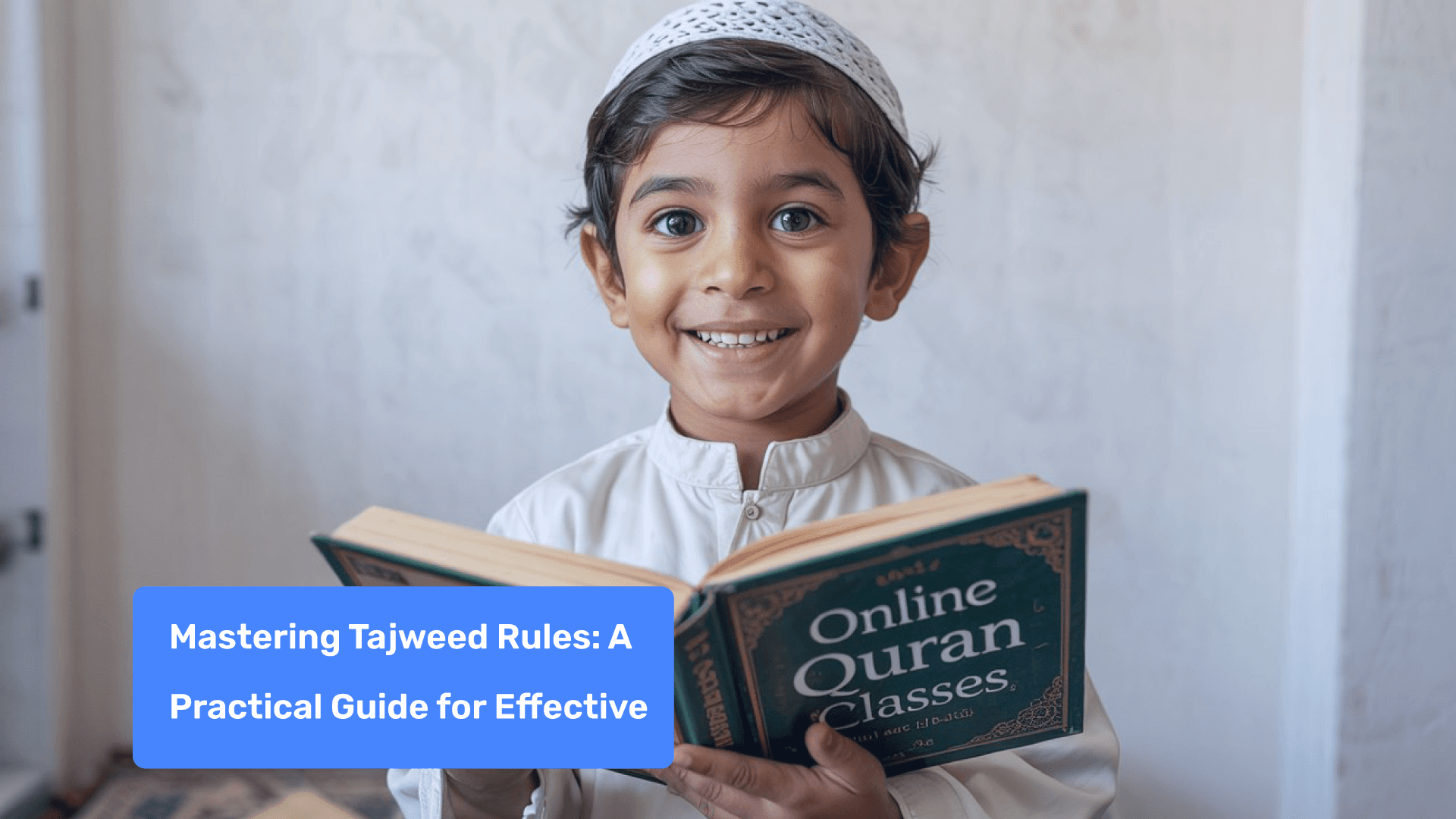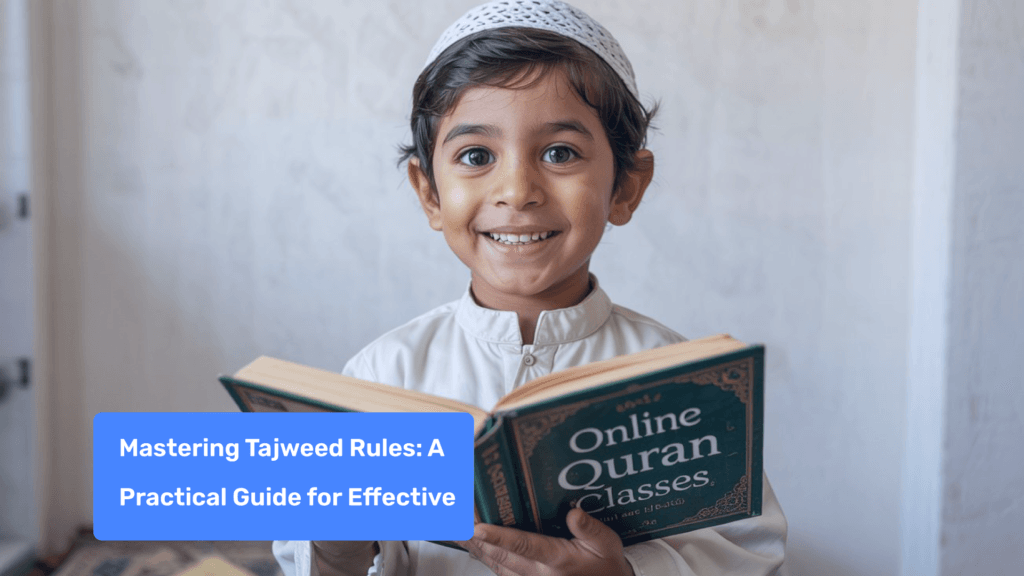The Holy Quran stands as the central religious text of Islam, containing the divine revelations received by Prophet Muhammad (Peace Be Upon Him) over 23 years. For Muslims worldwide, to read the Quran and understand its teachings is not merely an academic exercise but a deeply spiritual practice that connects them to their Creator. However, approaching this sacred text requires knowledge of certain etiquettes, techniques, and practices. This guide aims to provide comprehensive insights into reading the Quran effectively, respectfully, and meaningfully.
Preparing to Read the Quran
Ensure a State of Ritual Purity or Wudu Before Reading
Before engaging with the Quran, it’s essential to perform wudu (ablution), a ritual cleansing that prepares both body and spirit. This practice emphasizes the sacred nature of the text and serves as a boundary between worldly activities and divine engagement. The process of wudu itself—washing the hands, mouth, nose, face, arms, head, and feet—symbolizes purification and readiness to commune with Allah’s words.
The Prophet Muhammad (PBUH) emphasized the importance of physical purity when approaching the Quran. Beyond the physical cleanliness, wudu represents a spiritual transition, shifting one’s mindset from mundane concerns to sacred contemplation. As you perform this ritual, it serves as a moment to clear your mind and prepare your heart to receive divine wisdom. Additionally, it is crucial to recite the Quran correctly, word by word, to fully honor its divine origin and significance.
Choose a Quiet and Comfortable Environment for Reading
The environment in which you read the Quran significantly impacts your ability to concentrate and connect with its teachings. Select a peaceful space free from distractions—a quiet corner of your home, a personal prayer area, or any place where interruptions are minimal. This environment should foster reverence and allow for deep reflection. Creating such a peaceful environment can positively influence your daily life by allowing the Quranic values and messages to deeply resonate within you.
In today’s digital age, many Muslims use online platforms or apps to read the Quran. If you’re using digital resources, ensure a reliable internet connection and minimize notifications that might disrupt your reading session. The physical space should be clean and organized, reflecting the reverence due to the divine text you’re about to engage with.
Hold the Quran in Your Right Hand and Place it in an Elevated Position
Following the Sunnah (practices) of Prophet Muhammad (PBUH), it’s recommended to hold the Quran with your right hand and place it in an elevated position. This practice demonstrates respect for the sacred text and acknowledges its supreme status among all books. Avoid placing the Quran on the floor or in places where it might be disrespected or damaged.
When not reading, store the Quran in a clean, elevated shelf or dedicated holder. These practices might seem formalistic to some, but they cultivate an attitude of reverence and remind us of the special position this text holds in a believer’s life.

Etiquette and Manners of Reading the Quran
Recite Istiaazah and Basmalah Before Starting
Beginning Quranic recitation with the Istiaazah (“A’udhu billahi min ash-shaytaan ir-rajeem” – “I seek refuge in Allah from Satan, the rejected one”) and Basmalah (“Bismillah ir-Rahman ir-Raheem” – “In the name of Allah, the Most Gracious, the Most Merciful”) sets a spiritual foundation for your reading.
The Istiaazah serves as a spiritual protection, acknowledging human vulnerability to satanic influences and seeking divine shelter before engaging with sacred words. The Basmalah invokes Allah’s attributes of mercy and compassion, reminding the reader of the divine source of the text and the benevolent nature of its Creator.
Reflect on the Meaning of Verses and Sit in a Respectable Manner
The Quran wasn’t revealed merely for recitation but for contemplation and implementation. Take time to ponder over the verses’ meanings, connecting their wisdom to your personal life. This reflection (tadabbur) transforms recitation from a mechanical exercise into a transformative experience.
Physically, maintain a posture that reflects reverence—sitting upright, facing the Qibla (direction of prayer) if possible, and avoiding postures that suggest casualness or disrespect. Your physical attitude often influences your mental receptivity, and a respectful posture can enhance your ability to absorb and contemplate the sacred text.
Avoid Placing Anything on Top of the Quran, Eating, or Drinking While Reading
Practical expressions of respect include never placing other books or objects on top of the Quran and refraining from eating or drinking while reciting. These practices acknowledge the holy status of the text and create boundaries that distinguish ordinary activities from sacred engagement.
Consider the Quran as a guest of honor in your home—one that deserves the highest respect and consideration. This mindset cultivates a deeper appreciation for the text and enhances your spiritual connection to its teachings.
Rules of Reading the Quran
Correct Pronunciation: Learn the Proper Pronunciation of Arabic Words
Arabic, the language of the Quran, has unique phonetics that require careful attention. Each letter has a specific point of articulation (makhraj) in the mouth or throat. Mastering these articulation points ensures clear and correct pronunciation, preserving the integrity of the Quranic recitation.
Common challenges for non-Arabic speakers include distinguishing between similar-sounding letters like “ذ” (dhal) and “ز” (zay) or properly pronouncing throaty letters like “ع” (‘ayn) and “ح” (ha). Dedicated practice with attention to these details gradually improves pronunciation accuracy.
Following Tajweed Rules: Understand the Rules of Recitation and Apply Them
Tajweed, the set of rules governing Quranic recitation, ensures the text is read exactly as it was revealed. These rules cover aspects like the duration of vowels, when to merge sounds, when to emphasize certain letters, and how to observe proper stops and pauses.
Key tajweed concepts include:
- Ghunnah (nasalization)
- Idgham (merging letters)
- Ikhfa (hiding or concealing sounds)
- Qalqalah (vibration/echo in certain letters)
- Madd (elongation of vowel sounds)
Mastering these rules requires patience and consistent practice, but the result is a beautiful and accurate recitation that honors the divine text.

Observing Waqf: Learn When to Pause and Stop During Recitation
Waqf (stopping) rules guide readers on where to pause, ensuring the meaning remains intact and clear. The Quran contains specific symbols indicating obligatory stops, recommended stops, permissible stops, and places where stopping would change or disrupt the meaning.
Understanding these signs prevents unintentional alterations to the text’s meaning and maintains the integrity of the revelation. A qualified teacher can guide you through these nuances until you become familiar with the symbols and their implications.
Learning to Read the Quran
Get a Dedicated Teacher or Tutor to Guide You
While self-study materials are valuable, nothing replaces learning from a knowledgeable teacher. A qualified instructor provides immediate feedback, corrects mistakes before they become habits, and offers insights that books or apps cannot convey. They can tailor the learning experience to your specific challenges and pace.
Many mosques offer Quranic classes, and online platforms now provide access to qualified tutors regardless of your location. This direct guidance accelerates learning and ensures you develop proper recitation habits from the beginning.
Start with Short Sessions and Gradually Increase the Duration
Beginning with manageable portions prevents overwhelm and builds confidence. Start with just a few verses or even a single short surah (chapter), focusing on perfect pronunciation rather than quantity. As your skills improve, gradually extend your reading sessions.
Consistency matters more than duration—fifteen minutes daily yields better results than three hours once a week. Create a structured learning plan with clear milestones, celebrating your progress to maintain motivation.
Listen to Famous Reciters and Practice Regularly
Listening to skilled reciters like Abdul Rahman Al-Sudais, Mishary Rashid Al-Afasy, or Abdul Basit Abdus Samad provides a model for emulation. Their recitations demonstrate proper tajweed, rhythm, and the melodious quality that enhances Quranic reading.
Record your recitations and compare them with these masters, identifying areas for improvement. Many apps and websites now offer side-by-side comparison features that make this process easier and more effective.
Understanding the Quran
The Quran as a Source of Guidance and Healing
The Holy Quran is not just a book of laws and stories; it is a profound source of guidance and healing for many Muslims. Its verses offer wisdom, comfort, and solace, especially in times of difficulty. The Quranic verses have a unique ability to touch the human heart, calming the mind and soothing the soul. When life becomes overwhelming, many Muslims seek refuge in the Quran, finding peace and tranquility in its words. The recitation of the Quran serves as a reminder of Allah’s mercy and blessings, and its words have the power to heal emotional and spiritual wounds. Engaging with the Quran regularly can transform one’s daily life, providing a sense of direction and inner peace.
Learn About the Different Themes and Topics Covered in the Quran
The Quran addresses diverse themes: the oneness of God (Tawhid), stories of previous prophets, moral and ethical guidance, descriptions of the afterlife, and laws governing personal and communal life. Understanding these themes provides context for individual verses and helps connect seemingly disparate passages.
Consider studying a reliable tafsir (exegesis) that explains the historical context, linguistic nuances, and deeper meanings of verses. This scholarly guidance prevents misinterpretations and enriches your understanding of the text.
Apply the Teachings of the Quran in Your Daily Life
The ultimate purpose of reading the Quran is implementation. Reflect on how each verse might guide your decisions, shape your character, or transform your relationships. The Quran itself states: “This is a Book which We have sent down to you, full of blessings, that they may ponder over its verses, and that men of understanding may remember.” (Surah Sad, 38:29)
Start by identifying one teaching each week to consciously implement in your life. This practical application transforms recitation from a ritual into a life-changing practice that fulfills the Quran’s purpose as guidance for humanity.
Overcoming Challenges in Reading the Quran
Do Not Be Deterred by Difficulties in Recitation or Understanding
All beginners face challenges, whether in pronunciation, memorization, or comprehension. Patience is essential—remember that even native Arabic speakers spend years perfecting their Quranic recitation. View difficulties as opportunities for growth rather than obstacles.
Common challenges include maintaining concentration, pronouncing unfamiliar sounds, and finding time for consistent practice. Address these by breaking learning into smaller steps, using varied learning methods, and establishing a regular schedule that prioritizes quality over quantity.
Practice Regularly and Revise What You Have Learned
Consistent revision prevents forgetting and strengthens neural pathways associated with recitation. Establish a review system that revisits previously learned portions while continuing to advance. Reading to others—whether a teacher, family member, or friend—helps identify mistakes you might miss when reading alone.
Digital tools can support this process, with many Quranic apps offering spaced repetition systems that optimize review schedules based on your performance. Celebrate small victories along the way to maintain motivation during challenging periods.

The Rewards of Reading the Quran
The Prophet Muhammad (PBUH) emphasized the spiritual rewards of engaging with the Quran, stating: “Whoever reads a letter from the Book of Allah will receive a hasanah (good deed), and a hasanah is multiplied by ten.” This divine multiplication transforms even small efforts into significant spiritual capital.
Beyond quantifiable rewards, regular Quranic reading transforms the heart, illuminates the mind, and provides guidance through life’s complexities. It serves as a source of comfort during difficulties and a compass during confusing times. As mentioned in Sahih Al-Bukhari, the Quran is “a healing for what is in the breasts” (Surah Yunus, 10:57), addressing both spiritual and psychological needs.
The Quran’s Intercession on the Day of Judgment
One of the most profound aspects of the Quran is its promise of intercession on the Day of Judgment. Allah has assured that the Quran will testify on behalf of those who have recited it with sincerity and devotion. As mentioned in the Quran, “We will bring forth a witness from every nation, and We will say to them, ‘Bring your proof.’ Then they will know that the truth is with Allah, and what they used to invent will be lost from them.” (Quran 28:75). The Quran will stand as a witness to the good deeds of its companions, offering comfort and solace in the hereafter. This divine promise underscores the importance of reciting the Quran regularly and with a pure heart, as its intercession can be a source of immense benefit on that critical day.
Making the Quran a Part of Your Daily Life
Incorporate the Quran into your daily routine by setting aside a specific time—perhaps after Fajr (dawn) prayer or before sleeping—when your mind is clear and receptive. Even a few minutes of focused reading yields greater benefit than lengthy but distracted sessions.
Share your Quranic learning journey with others, perhaps by organizing small study circles or simply discussing insights with family and friends. This communal dimension enriches understanding through diverse perspectives and creates mutual accountability that supports consistent practice.
The journey of reading and understanding the Quran is lifelong, with each reading revealing new insights and deeper meanings. Approach this journey with reverence, patience, and consistency, knowing that each step brings you closer to the divine wisdom contained within this remarkable text.
The Importance of Reading the Quran in Sahih Al Bukhari
Sahih Al Bukhari, one of the most authentic collections of Hadith, places significant emphasis on the importance of reading the Quran. The Prophet Muhammad (peace be upon him) said, “The best of you are those who learn the Quran and teach it to others.” (Sahih Al Bukhari). This Hadith highlights the immense value of engaging with the Quran, not just for personal benefit but also for the benefit of others. Reading and reciting the Quran is a means of drawing closer to Allah, gaining wisdom, and earning spiritual rewards. The recitation of the Quran is a noble act that enriches one’s life and strengthens one’s faith, making it a central practice in the life of a devout Muslim.
Tips for Reading the Quran Effectively
Reading the Quran effectively requires dedication, sincerity, and a structured approach. Here are some tips to help you read the Quran more effectively:
Set Aside Dedicated Time to Read the Quran
One of the most important steps in reading the Quran effectively is to set aside dedicated time for it. Choose a time when you are free from distractions and interruptions, allowing you to focus entirely on the words of Allah. The Prophet Muhammad (peace be upon him) said, “The Quran is a book that is revealed from Allah, so read it with dedication and sincerity.” (Sahih Al Bukhari). By dedicating specific times for Quranic recitation, you create a routine that helps you absorb the wisdom and guidance the Quran has to offer. Whether it’s after Fajr (dawn) prayer or before sleeping, find a time that works best for you and make it a regular part of your daily life.













